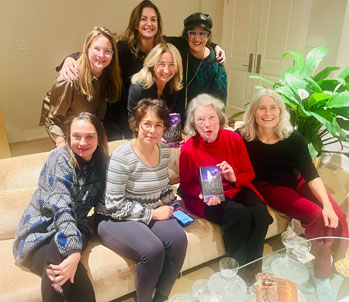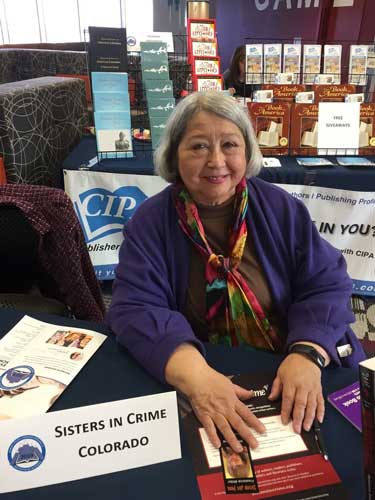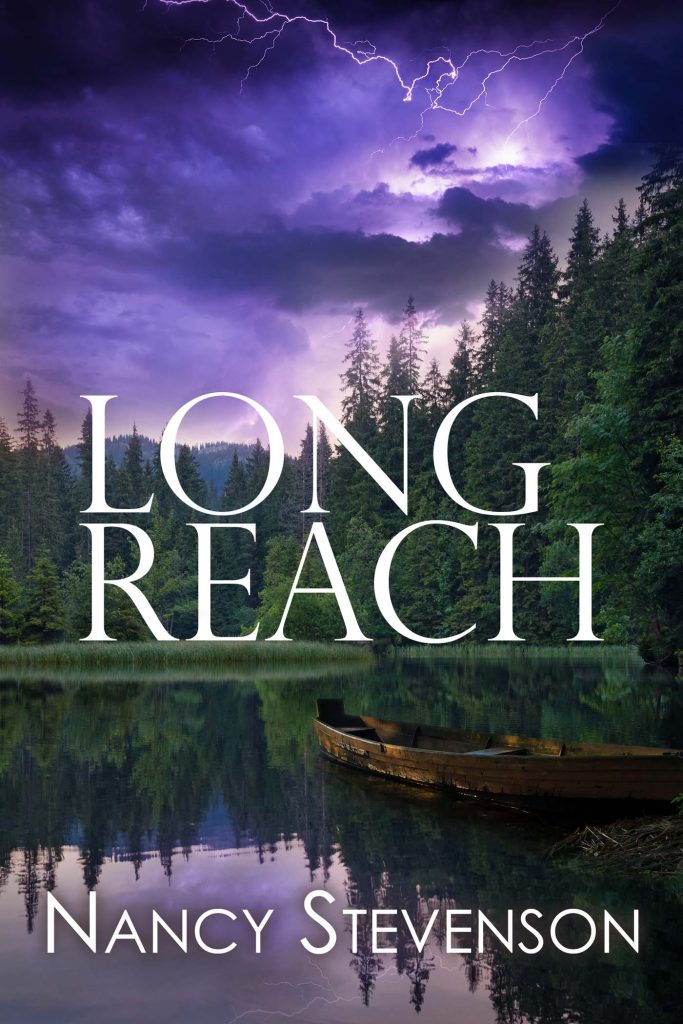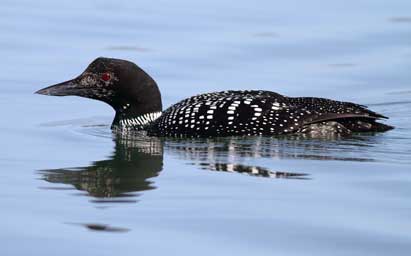Thanks to the Fourth Presbyterian Church program Cornerstones, Shawn Wilson and I were asked to talk on writing about Washington, D.C. Shawn has written two well recommended police procedurals based on a good cop. Bonus for Chicagoans, her second in the series takes the trained policeman to Chicago where she describes his appreciation of the lake, baseball food and music spirit of the city.
As my family and I lived in Washington for eleven years, from 1970 to 1981, the assignment made me compare the Washington we knew then from the Washington of today.
My husband was a newly elected United States senator. A natural work alcoholic, he fell into the routine of working Mondays through Fridays plus weekends when he wasn’t going back to Illinois to meet constituents. We lived in Washington with children as did many of our colleagues. For school vacations, our crowded car made 60 trips back and forth to Illinois with dogs, Miece, the ferret, the girls’ snakes, a boa constrictor and a Burmese python. On one trip, there were eight orphan opossum babies, but that’s another story.
Today, I’m told, the senators work from Tuesdays through Thursdays, so many do not bring their families to Washington.
Ad appreciated that senators sat together in “mark up” committees where they hammered out the details of their legislative bills. Today, I’m told, many of these mark up sessions are run by staff members.
The sites of Washington called for exploration, short trips Ad could squeeze into Saturdays or Sundays. The Capitol itself spoke of history, the growth of the nation. First one small building housed the Senate and the Supreme Court. As the nation grew west, the size of the buildings had to grow as well from 30 senators and 105 representatives in the 1790s, to 100 senators and 435 representatives today. The big dome we see now was under construction in the Civil War with Union soldiers camped in the crypt, complete with ovens for baking bread. Columbia’s statue, cast into bronze by a Virginia slave was hoisted to the dome in 1863.
Our excursions to the sites of Washington and environs give more comparisons. The Smithsonian Museums along the mall and throughout the city are free to the public. Rock Creek Park, the National Zoo, the C & O Canal trail are supported by funds from the federal government. Today there is talk of defunding these important institutions.
The Lincoln Memorial, the Vietnam Memorial, the Library of Congress speak to sharing our historical happenings and the value of public knowledge. Any person can enter the central reading room of the Library of Congress to request books and documents.
For me, and I hope for our children, the seat of our nation’s government was a testimony to national unity and promise for the future.
Another important difference from then to now, our years there included the turmoil of Watergate. A story refresher: in the 1972 presidential election of Nixon versus George McGovern, thugs broke into the Democratic headquarters, stealing a few thousand dollars and attempting to install listening devices.
In 1973, the Senate voted a Select Committee on Presidential Campaign Activities by a vote of 77 – 0. Sam Ervin, D. N Carolina, Chair; James Baker, R. Tennessee, Vice Chair. The tone of the hearings were serious and respectful. Attorney General Kleindienst resigned due to possible implications in the skulduggery.
PBS made the significant and unprecedented decision to broadcast the hearings gavel to gavel throughout the trial. They further asked affiliate stations to repeat the hearing coverage at night.
The nation watched. Letters with additional funds pored into PBS stations. Nixon attempted to shut down the coverage by declaring PBS funds allowed educational and cultural programming not news. PBS went forward despite his criticism.
Attorney General Richard Kleindienst resigned for fear he would be implicated in the planning of the break-in. Nixon appointed Elliot Richardson as Attorney General and he, in turn, appointed Solicitor General Archibald Cox as Special Prosecutor.
Under examination, Bob Haldeman denied any involvement by himself or by the President in any of the planning or execution of the plundering.
Baker asked a crucial question. “What did the President know and when did he know it?”
The Committee called Alexander Butterfield, a White House staffer, to testify if telephones had been secretly installed with listening devices in the Oval Office, the Cabinet Room, the White House and Executive Office Buildings. Butterfield admitted they had been installed as early as 1971.
Cox subpoenaed the tapes. The Nixon administration refused.
The Supreme Court unanimously ruled the White House had to comply with the Select Committee subpoena.
Nixon ordered Richardson to fire Archibald Cox. In what became known as the Saturday Night Massacre, Richardson and Ruckleshaus, the deputy Attorney General resigned rather than follow those orders.
Robert Bork, the acting Solicitor General fired Archibald Cox.
Separately, Vice President Agnew was accused of income tax fraud. He resigned and Nixon appointed Gerald Ford as Veep.
1974, the House Committee of 21 Democrats and 17 Republicans voted 3 articles of Impeachment against Nixon with 6 Republicans joining the Democrats. Nixon pronounced “I am not a crook” on national television. Eleven more Republicans join the Democrats. On the successful vote to impeach the president, Nixon resigned rather than face the trial.
Bipartisan congressional leaders in concert with the Supreme Court of the United States had worked to support the rule of law affirmed and validated by a majority of the nation’s public, a triumph of victory over villainy.









